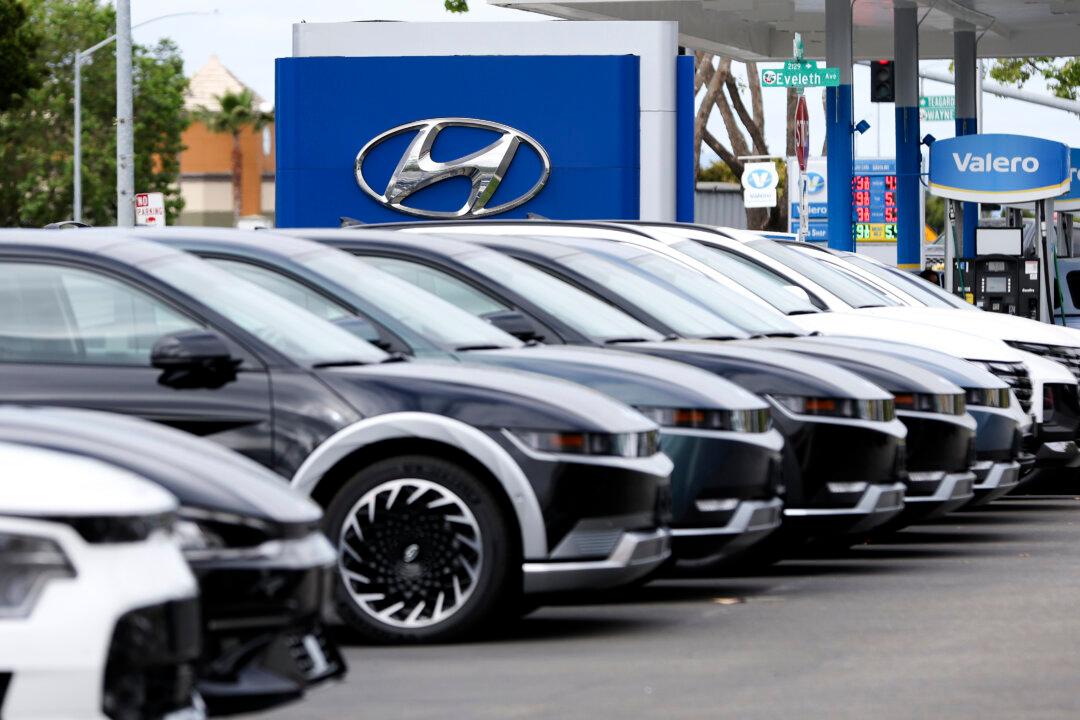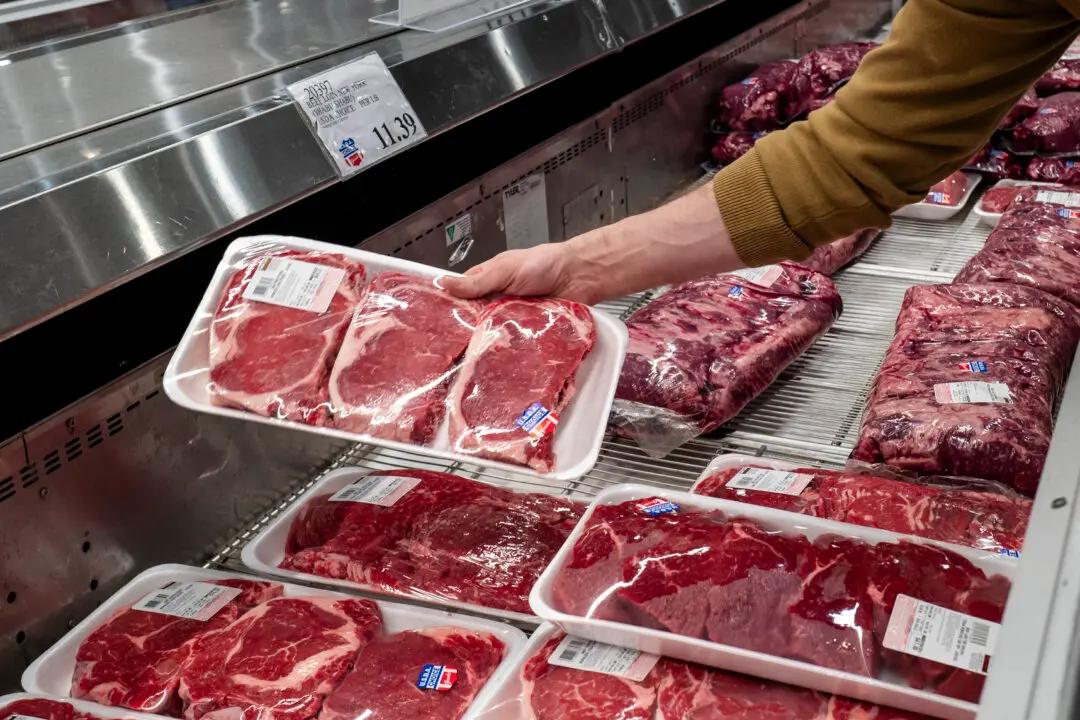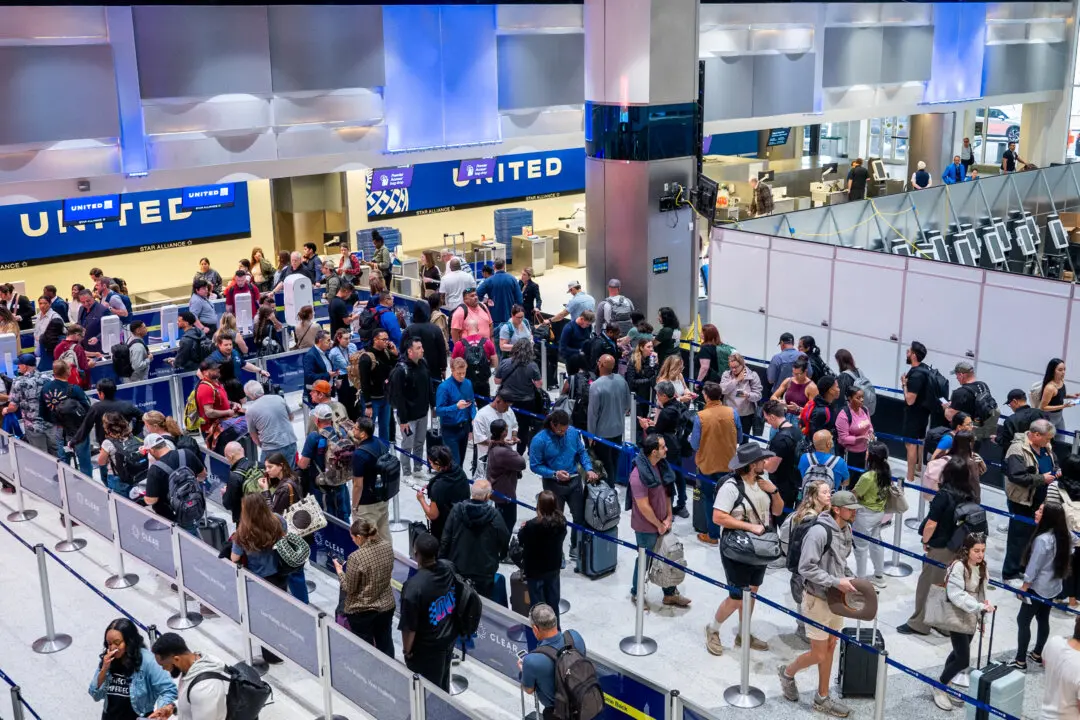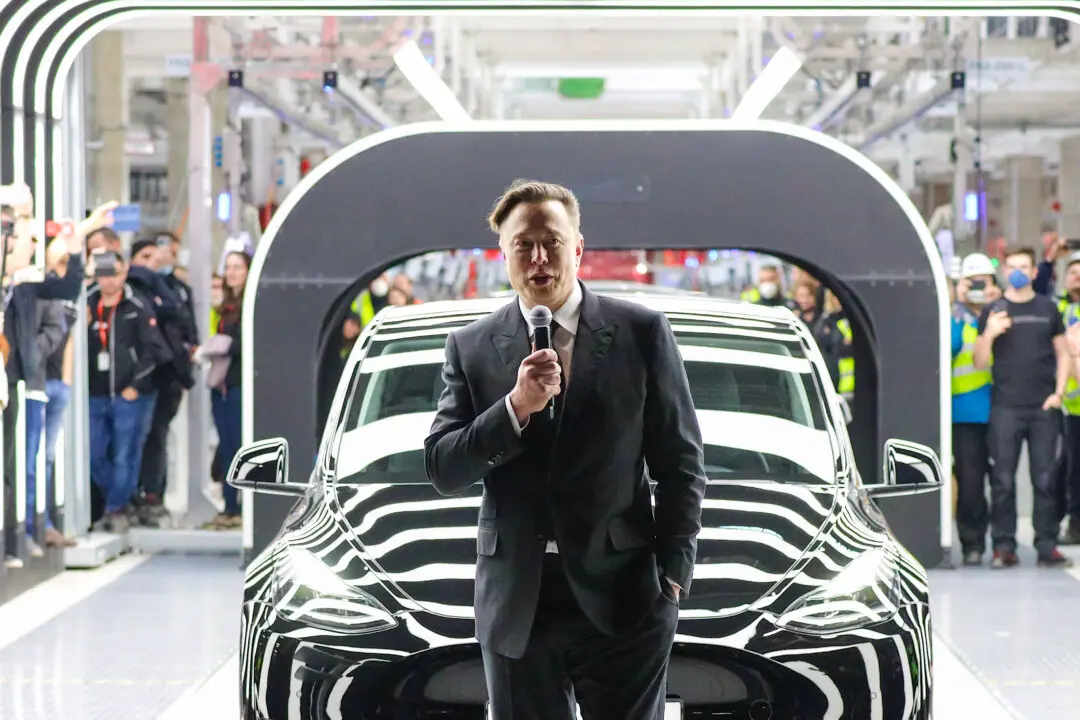About a third of Americans with an auto loan owe more than their vehicle is worth, according to a new economic analysis.
On Oct. 29, The Kobeissi Letter, an economic and trading analysis service, posted on social media that its analysis indicates that about 33 percent of Americans who financed their cars are now behind on their loans. That translates to about 31 million Americans, according to the note’s interpretation of data maintained by the Consumer Financial Protection Bureau.





